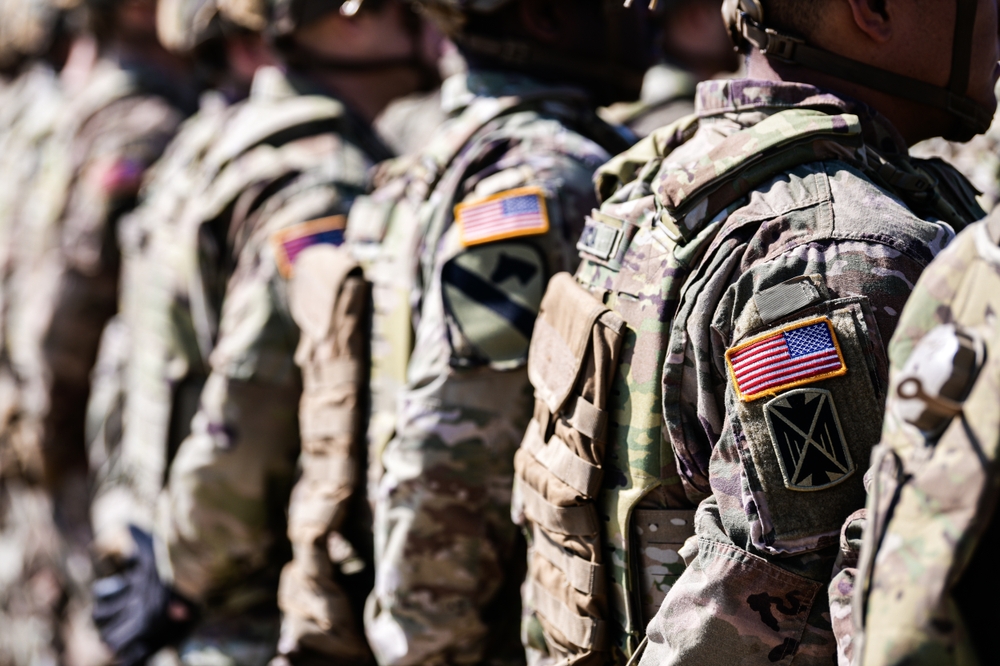The rising number of overweight recruits is part of a broader challenge faced by the U.S. military.
Others are reading now
In 2023, the U.S. military rejected 52,000 potential recruits due to obesity, according to a report from the American Security Project, a think tank comprising former military officials and bipartisan politicians.
54% Decline in Applicants
This comes amid a national obesity crisis that impacts nearly 40% of Americans, including 18.5% of children, as reported by the Centers for Disease Control and Prevention (CDC), according to Digi24.
The rising number of overweight recruits is part of a broader challenge faced by the U.S. military, which saw a 54% decline in applicants between 2022 and 2023.
As recruiting difficulties mount, the military has been forced to relax some physical fitness standards and issue waivers for overweight candidates to maintain operational capacity.
Also read
Substantial Financial Toll
The Pentagon reports that as far back as 2015, 71% of young Americans aged 17-24 were ineligible for military service, with obesity being a primary reason for disqualification. Today, obesity affects 21.6% of active-duty service members, up from 19.3% in 2021.
While the military has introduced weight reduction programs, results have been modest, with only a 1% decrease in average body mass. Sustaining long-term improvements remains uncertain.
The financial toll of obesity on the military is also substantial. In 2023, the Department of Defense spent over $1.26 billion on direct obesity-related healthcare, plus an additional $99 million in lost productivity due to hospitalizations.
The American Security Project recommends prioritizing early identification and treatment of obesity to prevent further health complications that could affect military readiness.


